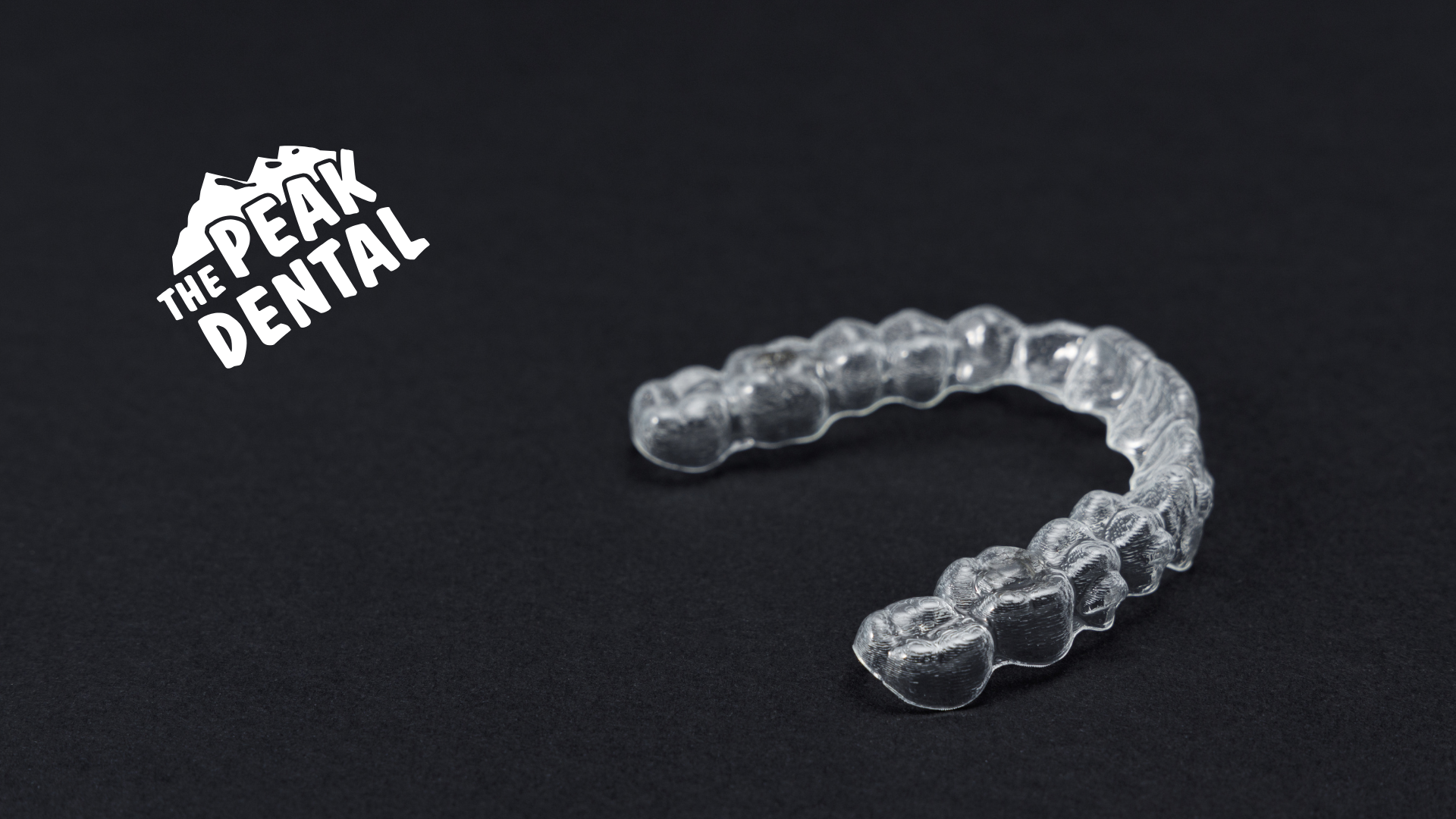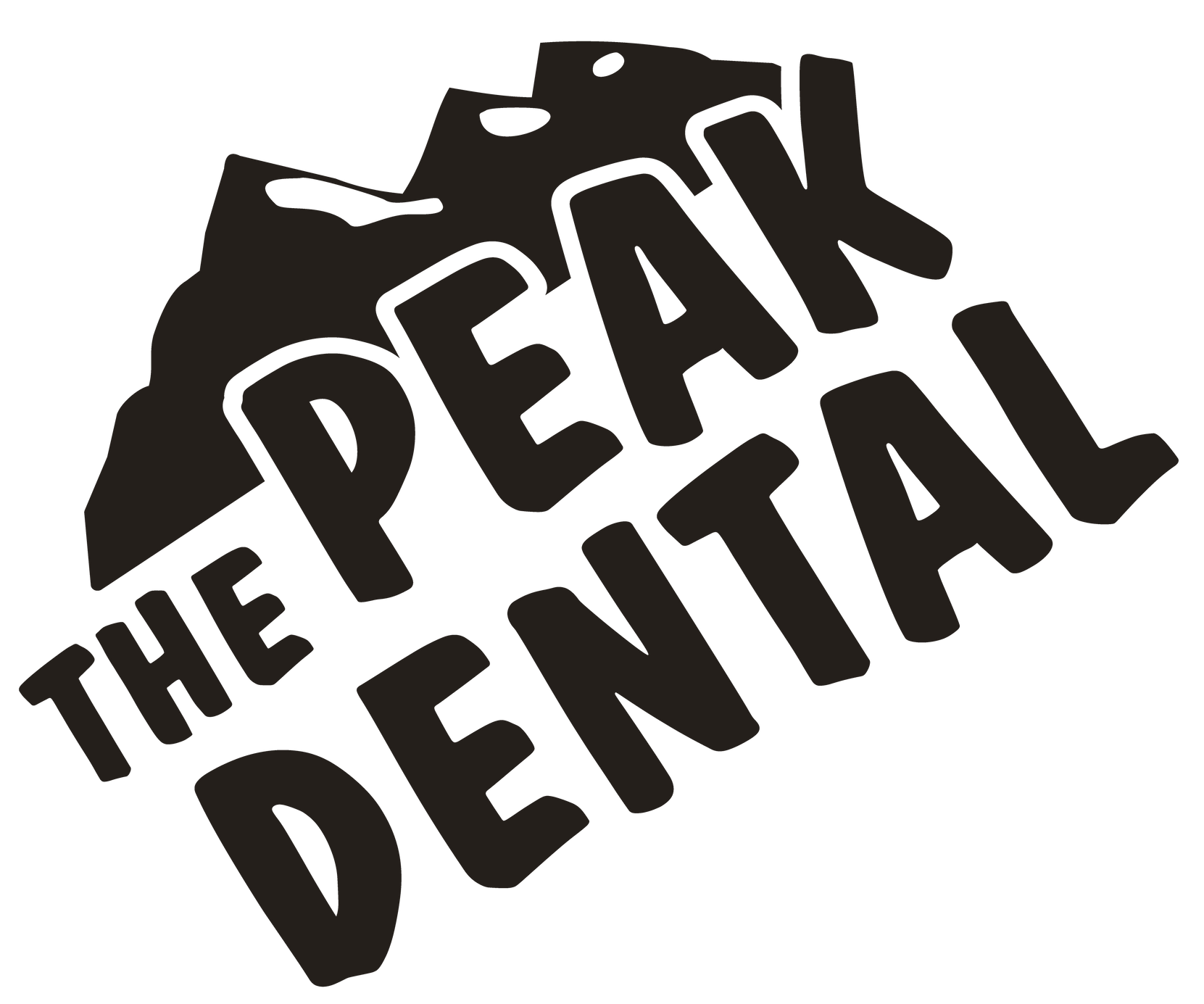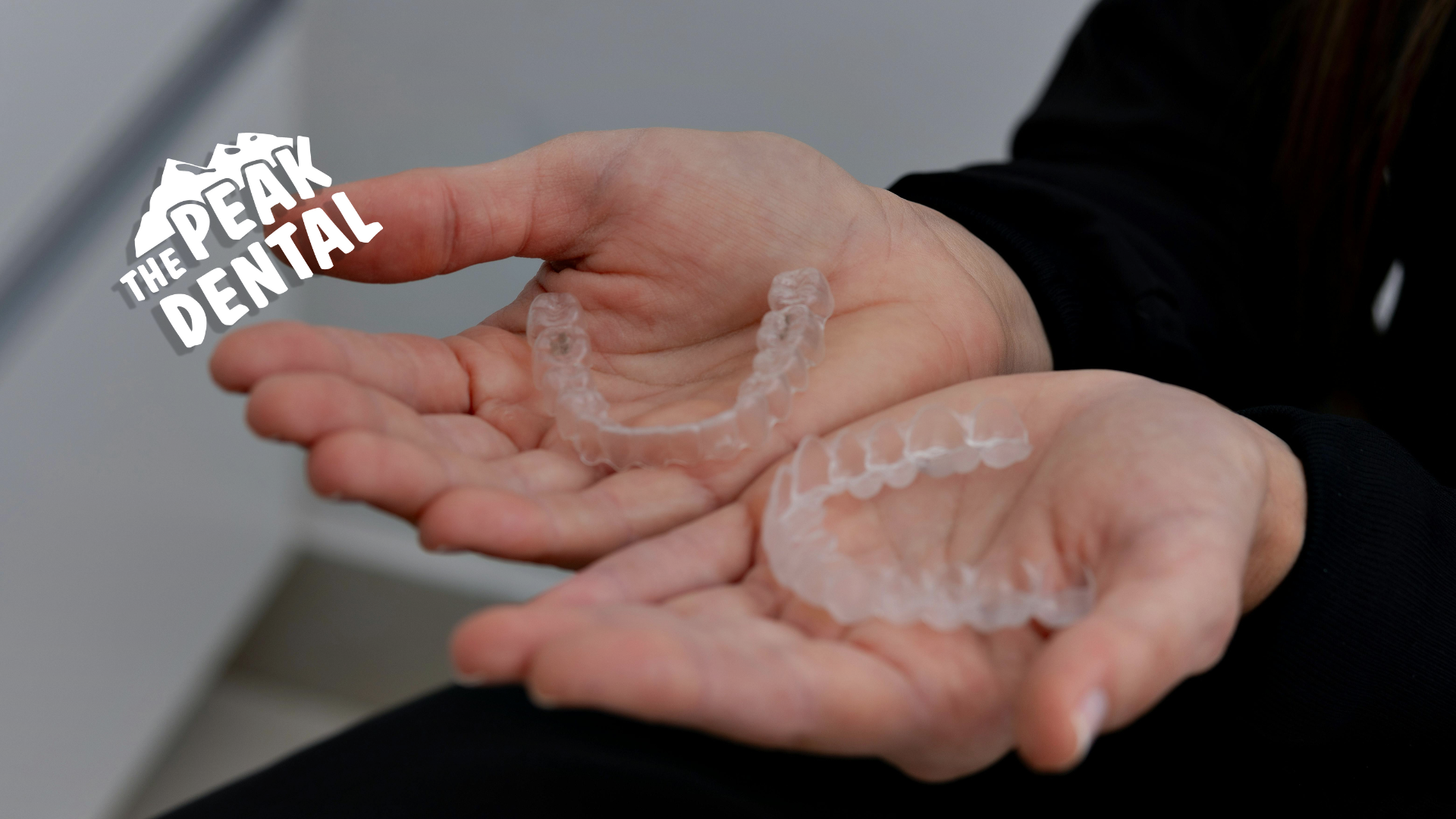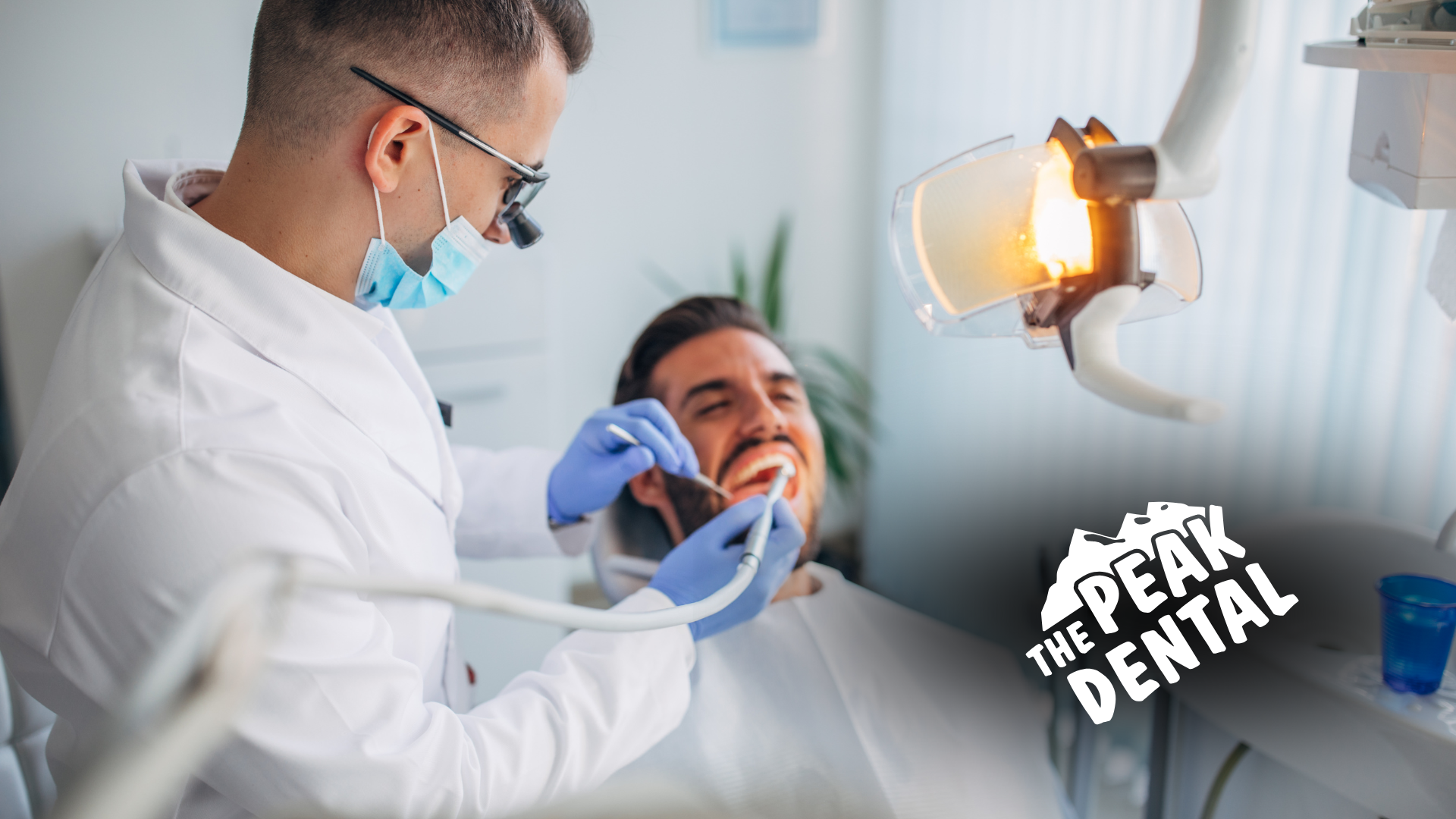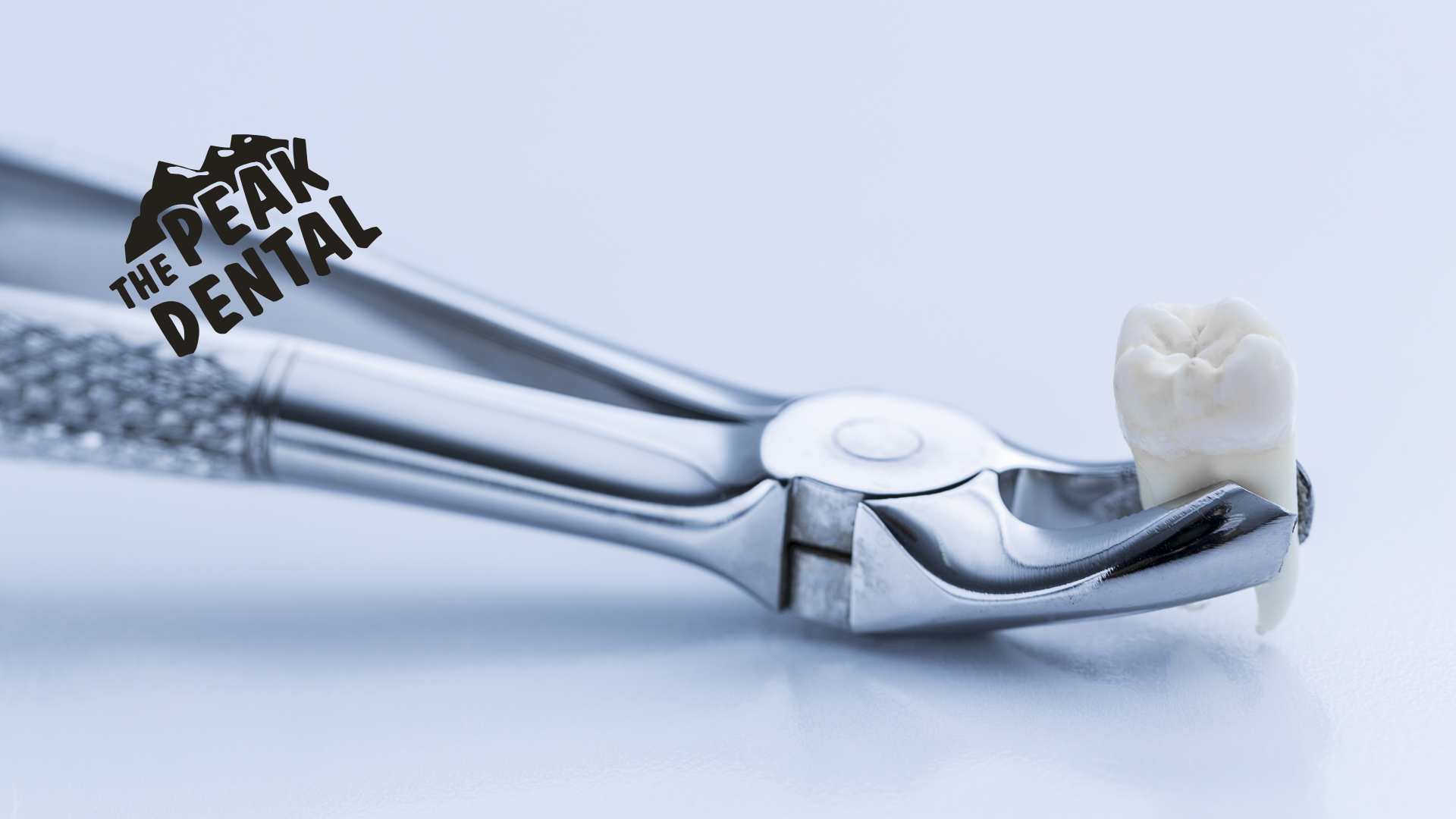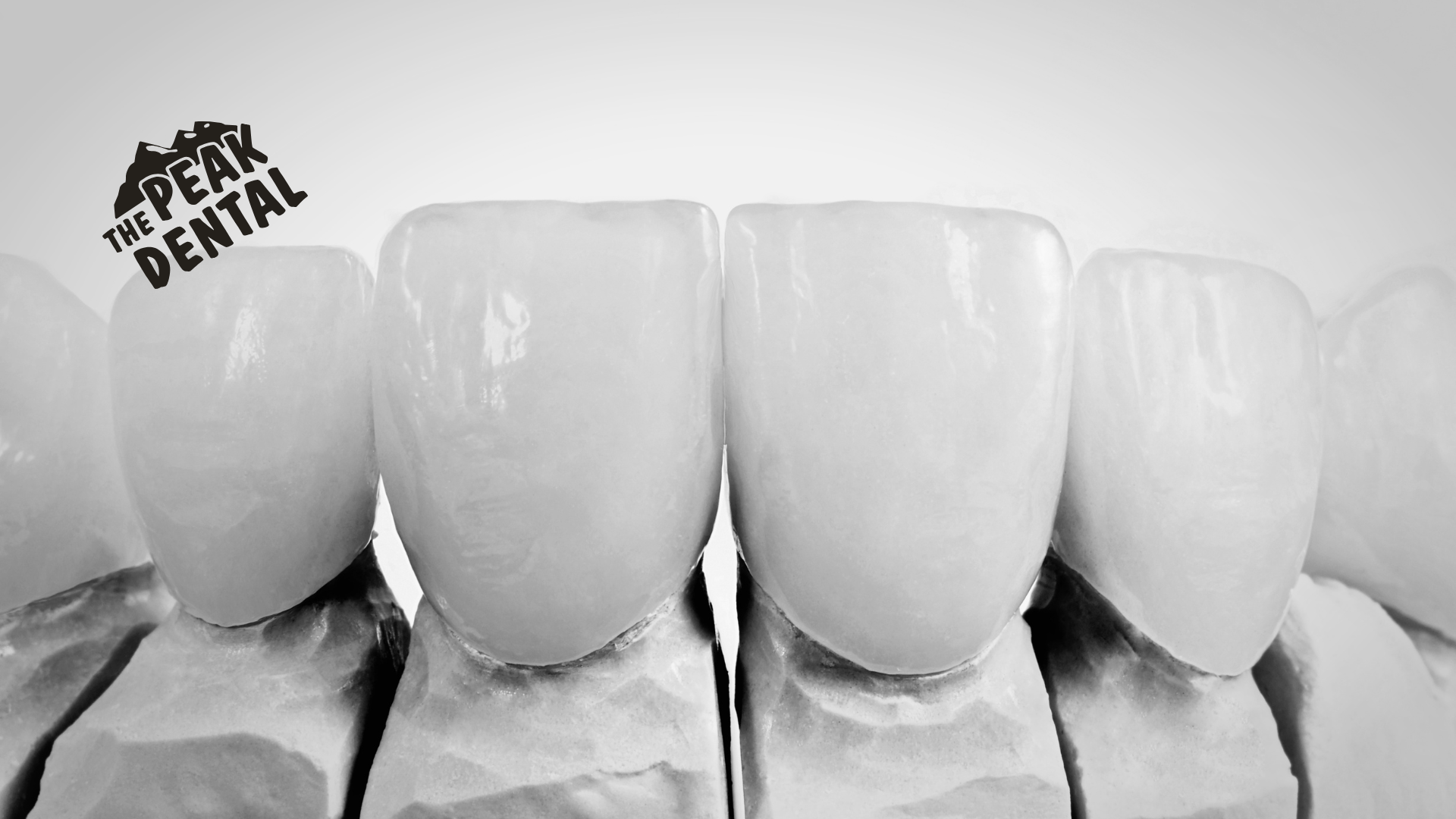How Does Periodontal Services Benefit Your Oral Health?
Understanding the Impact of Periodontal Services on Oral Health
Defining Periodontal Disease and Its Consequences
Periodontal disease, commonly known as gum disease, is a set of inflammatory conditions affecting the tissues surrounding the teeth. If left untreated, it can lead to severe consequences, including tooth loss and bone degradation. The progression of periodontal disease is a major contributor to oral health deterioration.
Periodontal disease begins with plaque accumulation, which can harden into tartar, leading to gingivitis—an inflammation of the gums. Without intervention, this can advance to periodontitis, where the inner layer of the gum and bone pull away from the teeth forming pockets that can become infected.
The consequences of periodontal disease are not limited to discomfort and bad breath; they can significantly impact one's quality of life. Here's a brief overview of the potential outcomes:
- Chronic inflammation and infection
- Receding gums and tooth sensitivity
- Increased risk of tooth loss
- Potential complications with diabetes and heart disease
Early detection and treatment through periodontal services are essential in managing these risks and maintaining oral health.
The Role of Periodontal Services in Preventing Tooth Loss
Periodontal services play a critical role in maintaining the structural integrity of your teeth. By addressing the underlying issues of gum disease, these services help prevent tooth loss, which is a common consequence of untreated periodontal conditions.
- Regular cleanings remove plaque and tartar that can lead to periodontitis.
- Scaling and root planing can halt the progression of gum disease.
- Periodontal surgery may be necessary to restore damaged tissue.
Early intervention through periodontal services can significantly reduce the risk of tooth loss. This proactive approach ensures that minor issues do not escalate into major problems that could result in the need for extractions or other extensive dental work.
It is essential to understand that periodontal health is directly linked to tooth retention. A commitment to regular periodontal care is not only an investment in your oral health but also in your overall quality of life.

Regular Periodontal Care Prevents Gum Infections
Regular periodontal care is crucial in preventing gum infections, which are often the precursors to more serious periodontal diseases. By maintaining a routine of professional cleanings and check-ups, patients can significantly reduce the accumulation of plaque and tartar, which are the main culprits behind gum infections.
- Professional cleanings remove plaque and tartar that daily brushing and flossing might miss.
- Periodontal evaluations allow for early detection and treatment of gum issues before they escalate.
- Personalized oral hygiene instructions ensure that patients are effectively cleaning their teeth and gums at home.
Consistent periodontal care not only keeps the gums healthy but also serves as a preventive measure against potential systemic health issues linked to periodontal disease. It's a proactive approach to oral health that benefits both the mouth and the body as a whole.
The Role of Periodontal Services in Overall Health
Linking Gum Health to Systemic Conditions
Periodontal services refer to the diagnosis and treatment of diseases of the gums, the bones that support the teeth, and the surrounding soft tissue. These services are not only pivotal for oral health but also have significant implications for overall systemic health. Periodontal treatment is important in preventing and managing gum disease and preserving the health of the gums, teeth, and bones.
Emerging research has consistently shown a correlation between periodontal health and various systemic conditions. For instance, individuals with periodontal disease are found to be at a higher risk for cardiovascular diseases, diabetes, and respiratory
conditions. Here's a brief overview of how periodontal health can influence systemic conditions:
- Cardiovascular Disease: Inflammation caused by gum disease can contribute to the buildup of plaque in the arteries, potentially leading to heart conditions.
- Diabetes: People with diabetes are more susceptible to periodontal disease, and conversely, effective periodontal care can help manage blood sugar levels.
- Respiratory Conditions: Bacteria from infected gums can be inhaled into the lungs, causing respiratory diseases like pneumonia.
Periodontal Services play a crucial role in not just maintaining oral health but also in supporting the body's overall well-being. By managing gum health, we can potentially mitigate the risks associated with several systemic conditions.
Periodontal Services as a Preventative Measure for Heart Disease
The link between periodontal health and cardiovascular health is a significant concern in preventive medicine. Periodontal services play a crucial role in reducing the risk of heart disease by addressing the inflammation that can contribute to the development of cardiovascular conditions.
- Chronic periodontal inflammation is associated with an increased risk of heart disease.
- Regular periodontal care can help to reduce systemic inflammation.
- Treatment of gum disease may lower the levels of harmful bacteria that can enter the bloodstream and affect the heart.
By maintaining good periodontal health, patients may not only preserve their teeth and gums but also potentially safeguard their heart health.
It is essential for individuals to understand that periodontal therapy is not just about oral health; it is an investment in their overall well-being. The proactive management of gum disease through periodontal services can be a vital component in a comprehensive approach to preventing heart disease.
The Connection Between Periodontal Health and Diabetes Management
The interplay between periodontal health and diabetes is a two-way street; not only can diabetes increase the risk for periodontal diseases, but periodontal diseases can also exacerbate diabetes by affecting blood sugar control. Proper management of periodontal health is crucial for individuals with diabetes.
- Periodontal diseases can lead to higher blood sugar levels, making diabetes harder to control.
- Inflammation caused by gum disease may contribute to insulin resistance.
- Regular periodontal care can help improve diabetes outcomes by reducing inflammation.
Maintaining good periodontal health is an integral part of diabetes management. It can help stabilize blood sugar levels and reduce the risk of diabetes-related complications.
Patients with diabetes should be aware of the importance of periodontal health and work closely with their healthcare providers to ensure both conditions are managed effectively. This collaborative approach can lead to better overall health outcomes.
Advanced Periodontal Treatments and Technologies
Innovative Non-Surgical Periodontal Therapies
The advent of innovative non-surgical periodontal therapies has revolutionized the management of gum disease, offering patients effective alternatives to traditional surgery. These treatments focus on controlling the infection and promoting the regeneration of healthy gum tissue.
Non-surgical therapies include scaling and root planing, where plaque and tartar are meticulously removed from below the gum line, and the roots are smoothed to promote healing. Another approach is the use of antimicrobial agents applied directly to the gum pockets to reduce bacterial counts.
The goal of these therapies is not only to treat gum disease but also to restore the aesthetics and function of the patient's smile without the need for invasive procedures.
The following list outlines some of the key benefits of non-surgical periodontal therapies:
- Minimally invasive with reduced recovery times
- Lower risk of complications compared to surgical methods
- Can be performed in multiple sessions for patient comfort
- Often more cost-effective than surgery
- Encourages natural healing and gum reattachment
These therapies are part of a comprehensive periodontal care plan that may include patient education, improved oral hygiene practices, and regular maintenance visits to ensure long-term oral health.
Laser Treatment for Gum Disease: A Minimally Invasive Approach
Laser therapy has revolutionized the treatment of gum disease, offering a minimally invasive option to traditional surgery. Laser therapy to remove bacteria and infected tissue has become a cornerstone in modern periodontal care. This technique uses precise laser energy to target and eliminate harmful pathogens without the need for scalpel incisions or sutures.
The use of laser therapy not only improves patient comfort but also reduces recovery time. Patients typically experience less discomfort and swelling post-treatment, which contributes to a quicker return to normal activities.
The benefits of laser treatment for gum disease include:
- Reduced risk of infection due to the sterilizing effect of the laser
- Minimal damage to surrounding healthy tissue
- Less bleeding and inflammation compared to conventional surgery
- Shorter and more comfortable recovery period
By choosing laser therapy, patients can enjoy a safer and more effective treatment for periodontal disease, with outcomes that support long-term oral health.
The Use of Local Antibiotics in Periodontal Therapy
The application of local antibiotics in periodontal therapy marks a significant advancement in the treatment of gum disease. These targeted medications help eradicate harmful bacteria directly at the source, minimizing the risk of spread and fostering a healthier oral environment.
Local antibiotics are typically used in conjunction with other periodontal treatments, such as scaling and root planing. They come in various forms, including gels, fibers, or chips that are placed into periodontal pockets. Here's a brief overview of their benefits:
- Targeted action against periodontal pathogens
- Reduced systemic antibiotic exposure
- Enhanced healing of periodontal tissues
- Prolonged therapeutic effects
The strategic use of local antibiotics can significantly improve the outcomes of periodontal therapy, leading to better patient experiences and long-term oral health.
It's important to note that while local antibiotics are effective, they are not a standalone solution. They are part of a comprehensive periodontal care plan that may include lifestyle changes, regular cleanings, and patient education on proper oral hygiene.
Maintaining Oral Health Through Periodontal Maintenance
The Importance of Regular Periodontal Cleanings
Maintaining optimal oral health requires more than just daily brushing and flossing; it necessitates regular periodontal cleanings. These cleanings are crucial for removing plaque and tartar that can't be eliminated through routine home care. Regular periodontal cleanings help to prevent the progression of gum disease, which is essential for maintaining healthy teeth and gums.
Regular periodontal maintenance is not just about cleaning; it's a comprehensive approach to preserving your oral health.
The benefits of these cleanings extend beyond just the immediate results. They include:
- Early detection of potential oral health issues.
- Prevention of gum disease and tooth decay.
- Maintenance of previous periodontal treatments.
- Education on proper oral hygiene practices.
By adhering to a schedule of regular cleanings, patients can ensure their gums remain healthy and resilient, effectively supporting their teeth and overall oral health.
Tailored Maintenance Plans for Long-Term Gum Health
To ensure long-term gum health, dental professionals often recommend tailored maintenance plans that cater to the specific needs of each patient. One critical component of these plans is scaling and root planing, which is a deep cleaning procedure that removes plaque and tartar from the teeth. This procedure is not only pivotal for maintaining oral hygiene but also for preventing the progression of periodontal disease.
Peak dental care is achieved through corrective procedures but through proactive, personalized maintenance plans. These plans may include regular check-ups, cleanings, and patient education on proper oral hygiene practices.
The following list outlines the typical components of a tailored periodontal maintenance plan:
- Comprehensive oral examination to assess gum health
- Scaling and root planing to remove plaque and tartar
- Periodontal maintenance cleanings at intervals determined by the dentist
- Instruction on home care techniques for effective plaque control
- Monitoring for signs of periodontal disease progression
By adhering to a maintenance plan, patients can significantly reduce their risk of serious oral health issues and enjoy the benefits of a healthy smile for years to come.
Monitoring and Managing Periodontal Disease Progression
Effective management of periodontal disease will maintain oral health. Regular monitoring allows for the timely identification of any changes or advancements in the disease. This proactive approach can prevent the progression to more severe stages that require extensive treatment.
By closely observing the health of gums and the depth of periodontal pockets, dental professionals can adjust treatment plans as necessary, ensuring that each patient receives the most appropriate care.
To ensure comprehensive management, several key steps should be followed:
- Regular dental check-ups and periodontal evaluations
- Personalized oral hygiene instructions
- Timely adjustments to treatment protocols
- Ongoing patient education about the importance of oral health
These steps, when combined with advanced periodontal treatments, contribute to the long-term stability of oral health and the prevention of tooth loss.
Frequently Asked Questions
What is periodontal disease and what are its consequences?
Periodontal disease, also known as gum disease, is a chronic inflammatory condition that affects the gums and bone supporting the teeth. Its consequences can include gum recession, tooth loss, and may contribute to systemic health issues if left untreated.
How do periodontal services prevent tooth loss?
Periodontal services involve treatments to clean the pockets around teeth and prevent the progression of gum disease. By managing infection and inflammation, these services help maintain the integrity of the periodontium, thus preventing tooth loss.
Can regular periodontal care prevent gum infections?
Yes, regular periodontal care, including professional cleanings and monitoring, can significantly reduce the risk of gum infections by removing plaque and tartar buildup that contribute to gum disease.
How does gum health relate to overall systemic conditions?
Gum health is linked to systemic conditions such as cardiovascular disease and diabetes. Inflammation in the gums can contribute to inflammation in other parts of the body, potentially exacerbating these conditions.
Are there any advanced treatments for periodontal disease?
Yes, there are advanced non-surgical and minimally invasive treatments for periodontal disease, such as laser therapy and local antibiotic application, which can effectively treat the disease with less discomfort and downtime.
What does periodontal maintenance involve?
Periodontal maintenance involves regular check-ups and cleanings to monitor and manage the progression of periodontal disease. It may also include personalized care plans to ensure long-term gum health.
